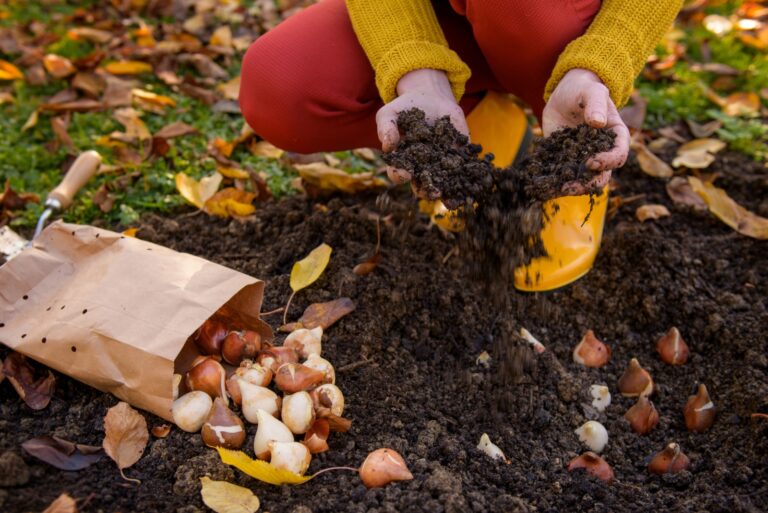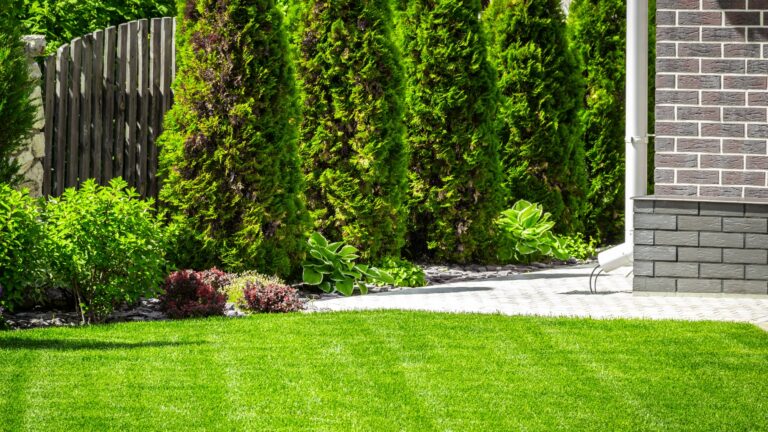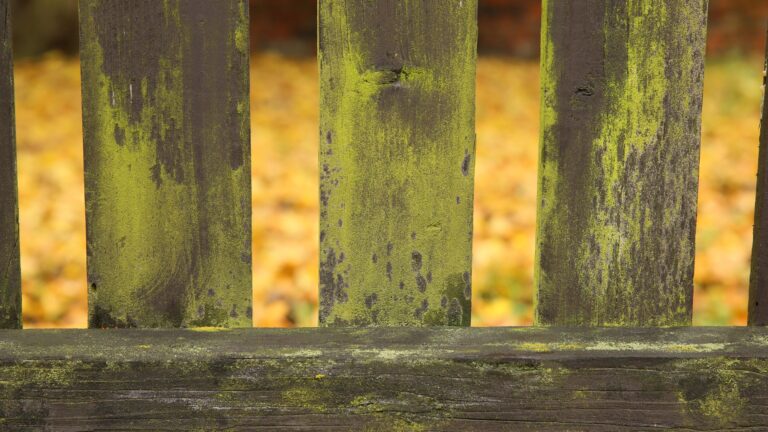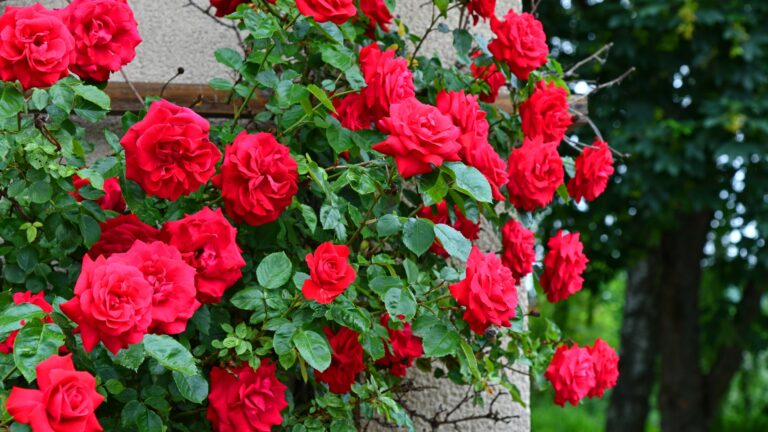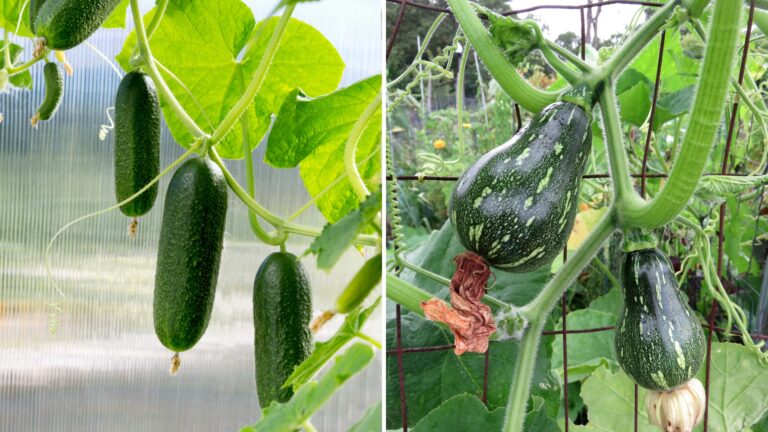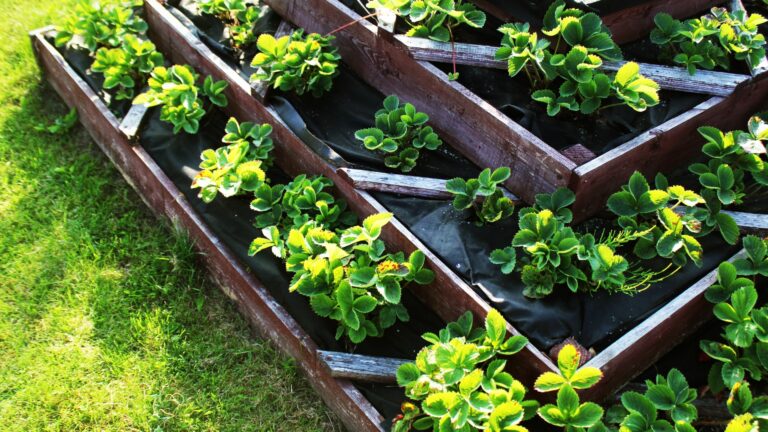9 Tips For Protecting Plants From Salt Damage In Wisconsin Winters
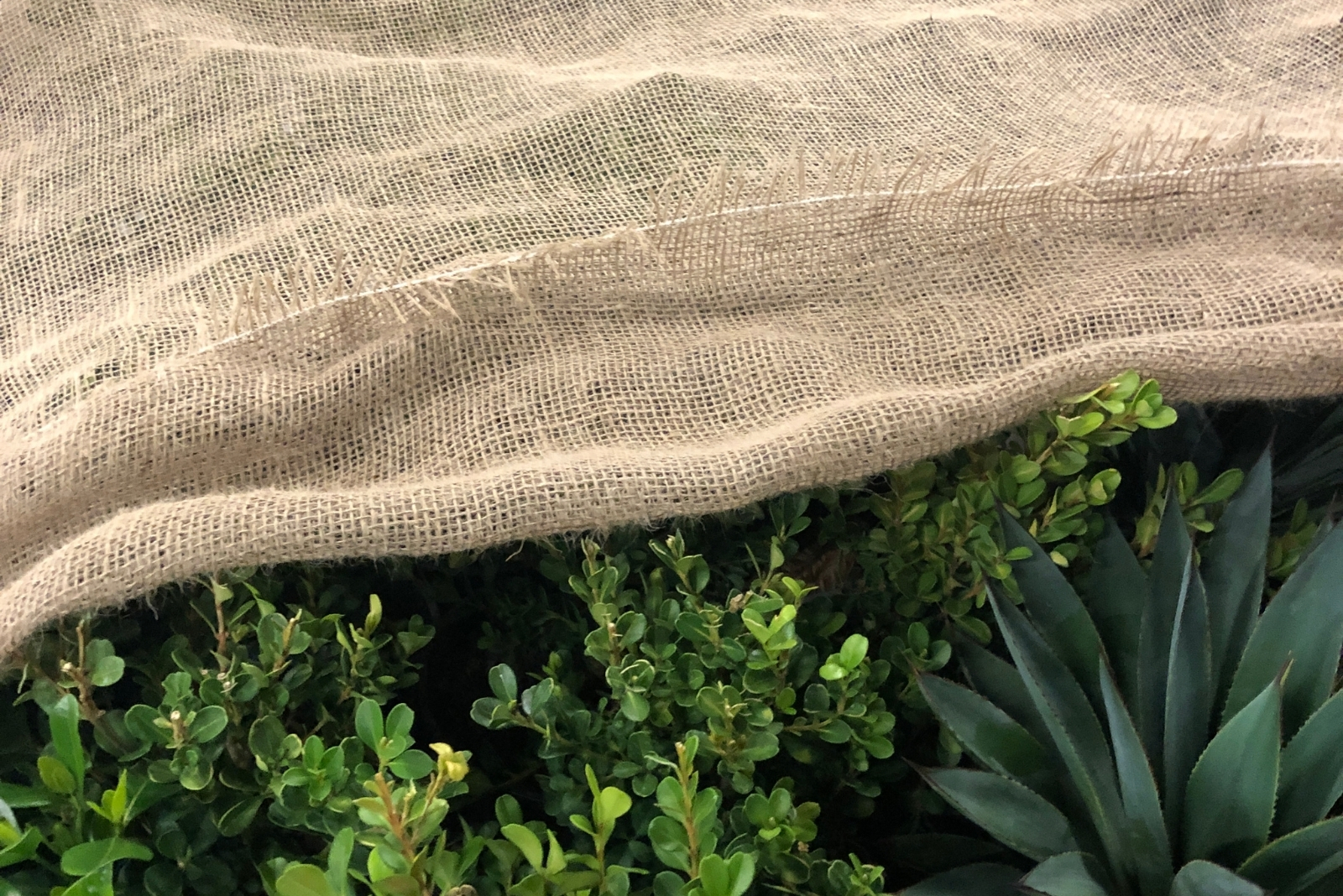
Wisconsin winters bring more than just snow and freezing temperatures – they also bring road salt that can harm your garden.
Salt spray from passing vehicles and sidewalk deicing products can seriously damage or even kill your favorite plants.
The good news is that with some planning and simple steps, you can shield your green friends from winter’s salty assault.
1. Create Physical Barriers
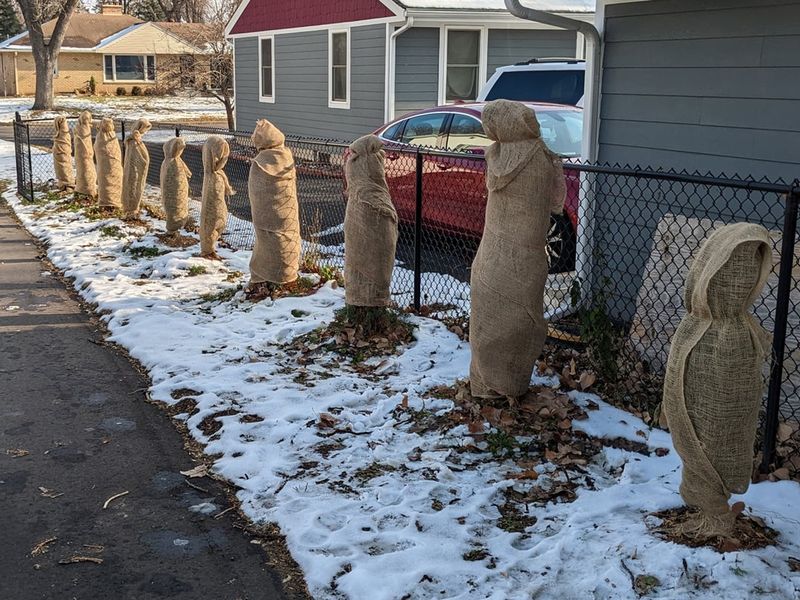
Burlap wraps work wonders for trees and shrubs near roads in Wisconsin. Simply secure the material around vulnerable plants before the first snowfall.
Many gardeners across the Badger State find this method especially effective for young trees and evergreens that would otherwise be directly hit by salt spray.
2. Choose Salt-Tolerant Plants
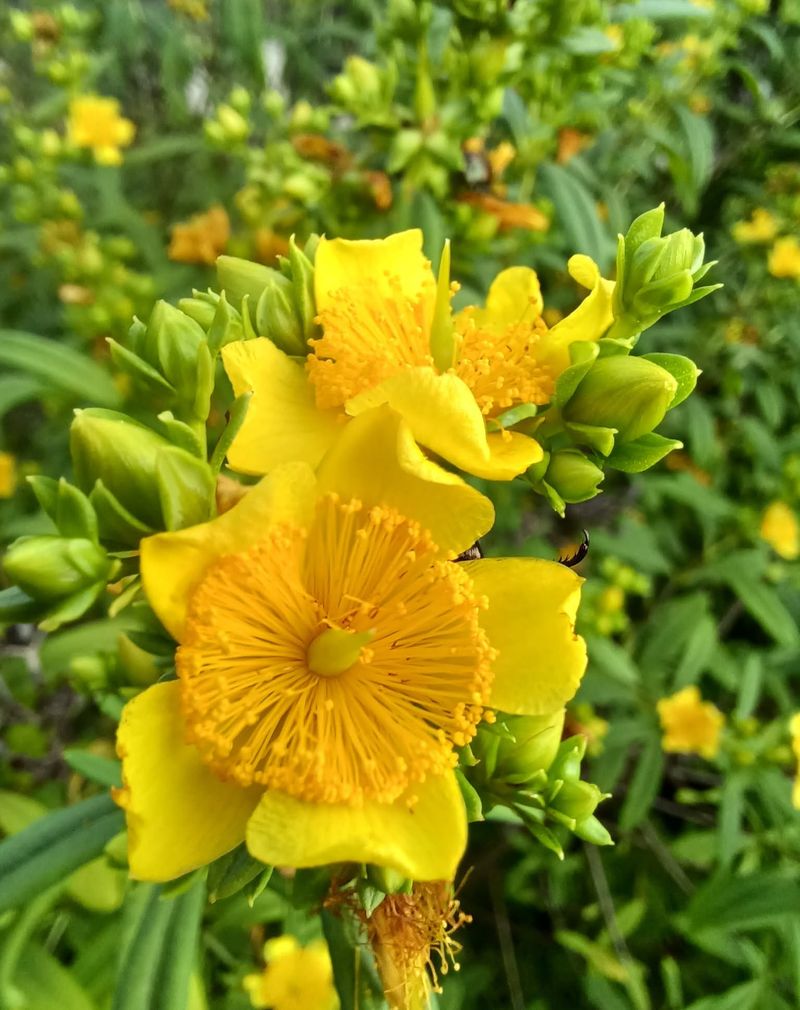
Smart plant selection can save you heartache when living near frequently salted areas. Species like juniper, oak, and birch naturally withstand salt exposure better than others.
Wisconsin gardeners report particular success with native options that have evolved to handle the state’s challenging conditions while maintaining their beauty through harsh winters.
3. Apply Anti-Desiccant Sprays
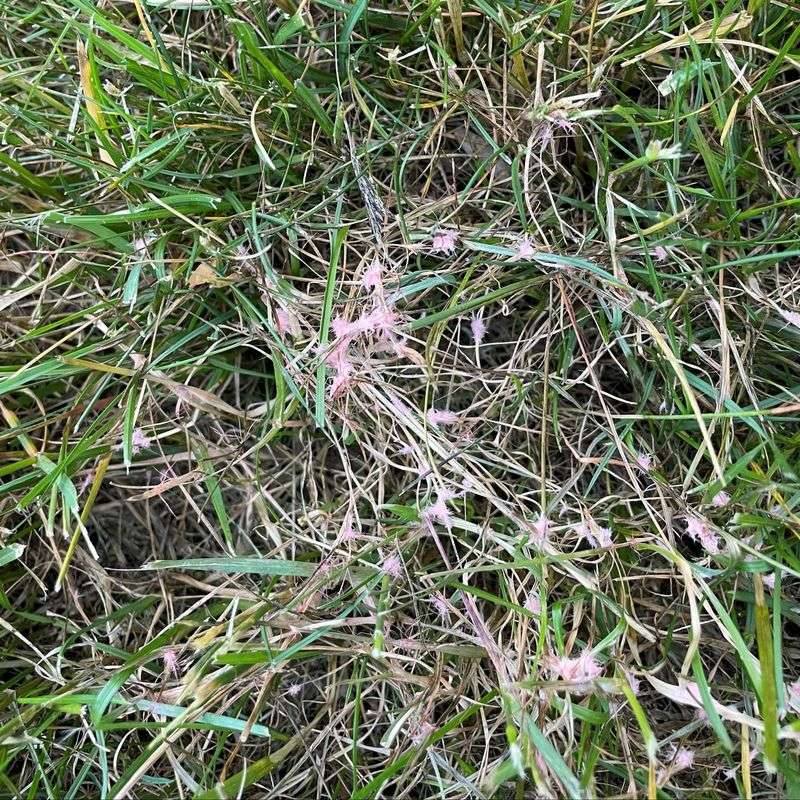
These waxy coatings shield leaves from both salt damage and winter drying. Apply before temperatures drop below freezing for maximum effectiveness in Wisconsin’s challenging climate.
Many garden centers throughout the state stock these protective sprays specifically formulated for our region’s unique combination of cold and road treatment chemicals.
4. Improve Soil Drainage
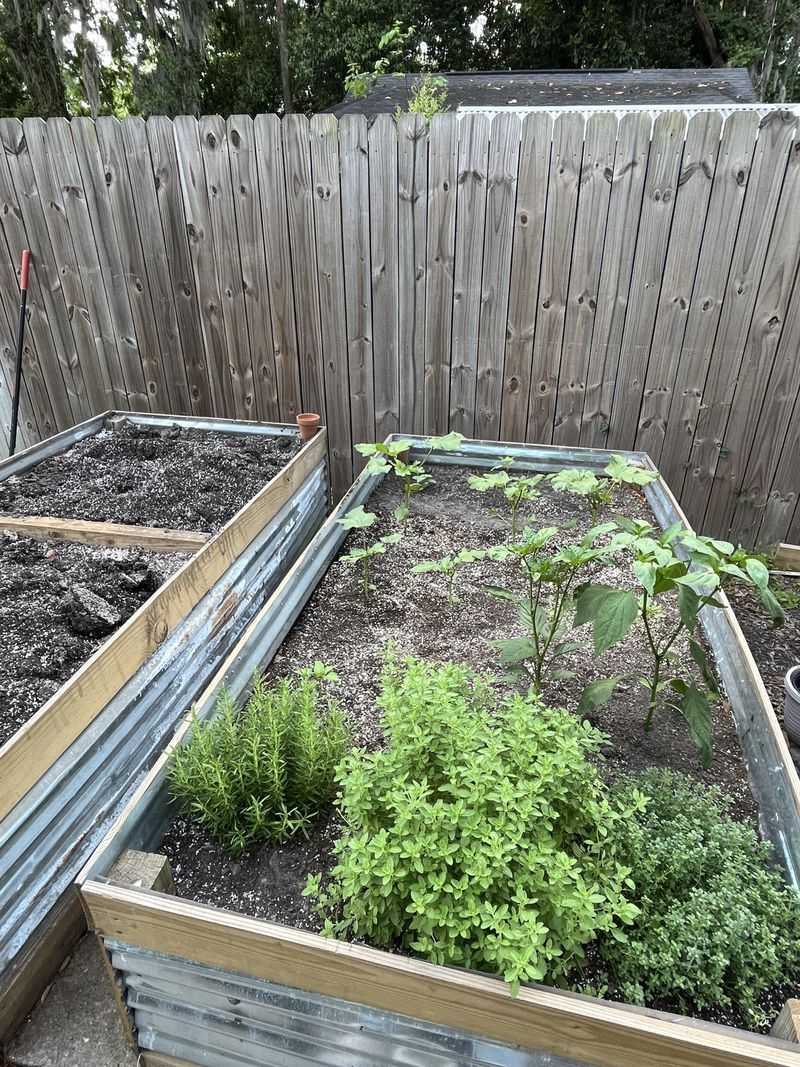
Well-draining soil helps flush away salt before it accumulates to harmful levels. Adding compost or coarse sand to heavy Wisconsin clay soils creates pathways for water movement.
Local gardeners have found that raised beds offer another effective solution in areas where salt-laden runoff regularly flows across your property during spring thaws.
5. Use Salt Alternatives
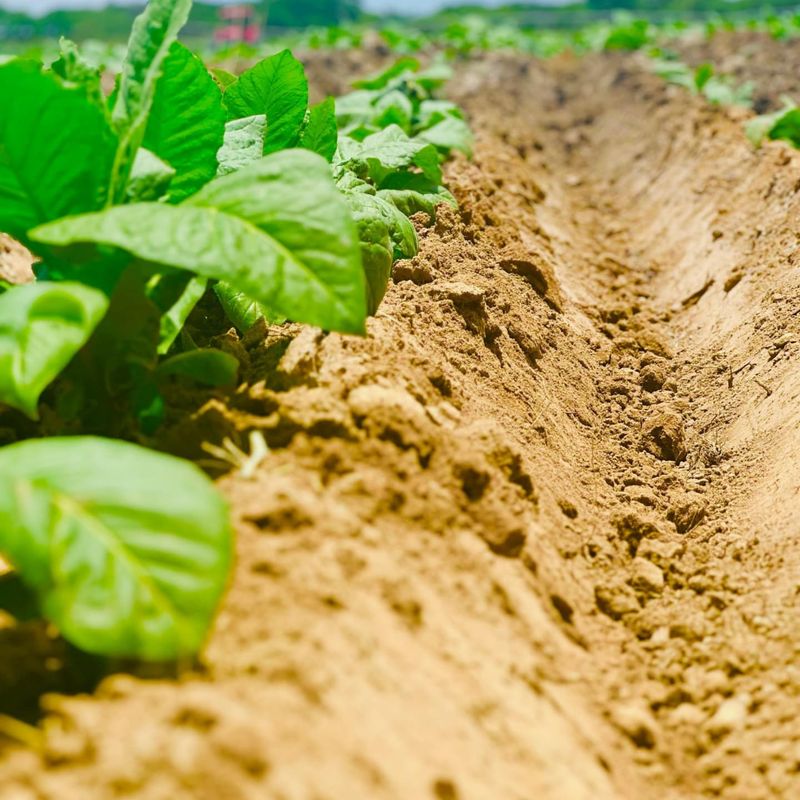
Sand, cat litter, or commercial eco-friendly deicers cause far less plant damage. Many Wisconsin communities now offer these alternatives at reduced prices to encourage environmental protection.
When shopping in the Badger State, look for products containing calcium magnesium acetate (CMA) rather than sodium chloride for safer sidewalk treatment around valued landscaping.
6. Water Thoroughly Before Freezing
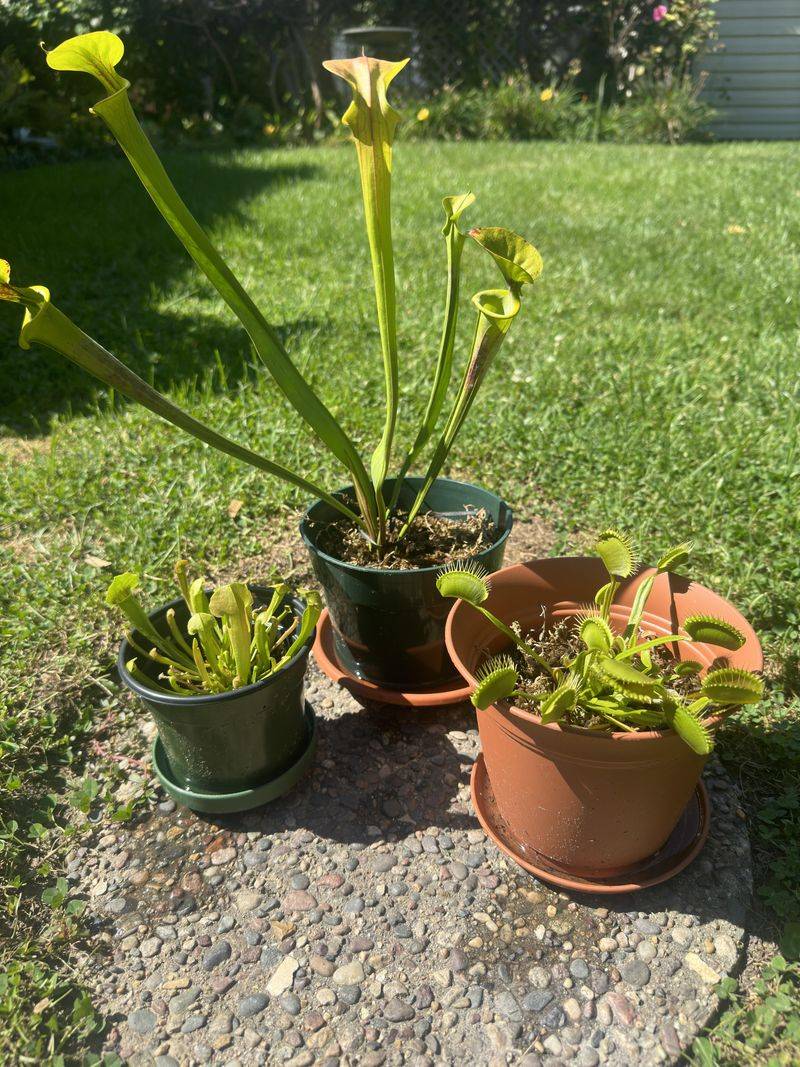
A good soaking before the ground freezes helps dilute salt concentrations that might reach root zones. Wisconsin gardeners typically aim for this final watering in mid-to-late November.
The moisture barrier created protects roots through those brutal January and February days when salt application reaches its peak across the state’s roads and walkways.
7. Install Snow Fencing
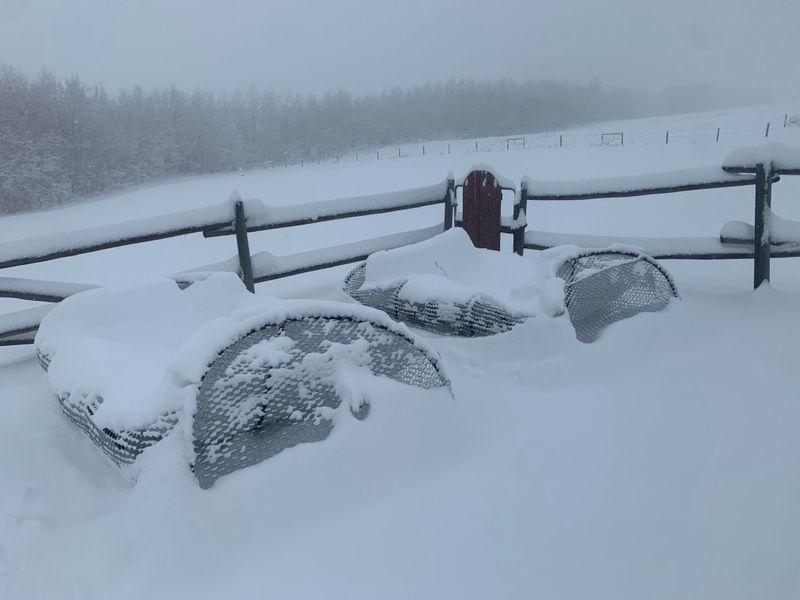
Strategic placement keeps salt-laden snow from being plowed or blown onto sensitive plantings. Many Wisconsin homeowners install these temporary barriers in November before the first major snowfall.
The state’s Department of Transportation even offers guidelines for proper placement distances that maximize protection while maintaining visibility for drivers navigating snowy roads.
8. Flush Soil in Spring
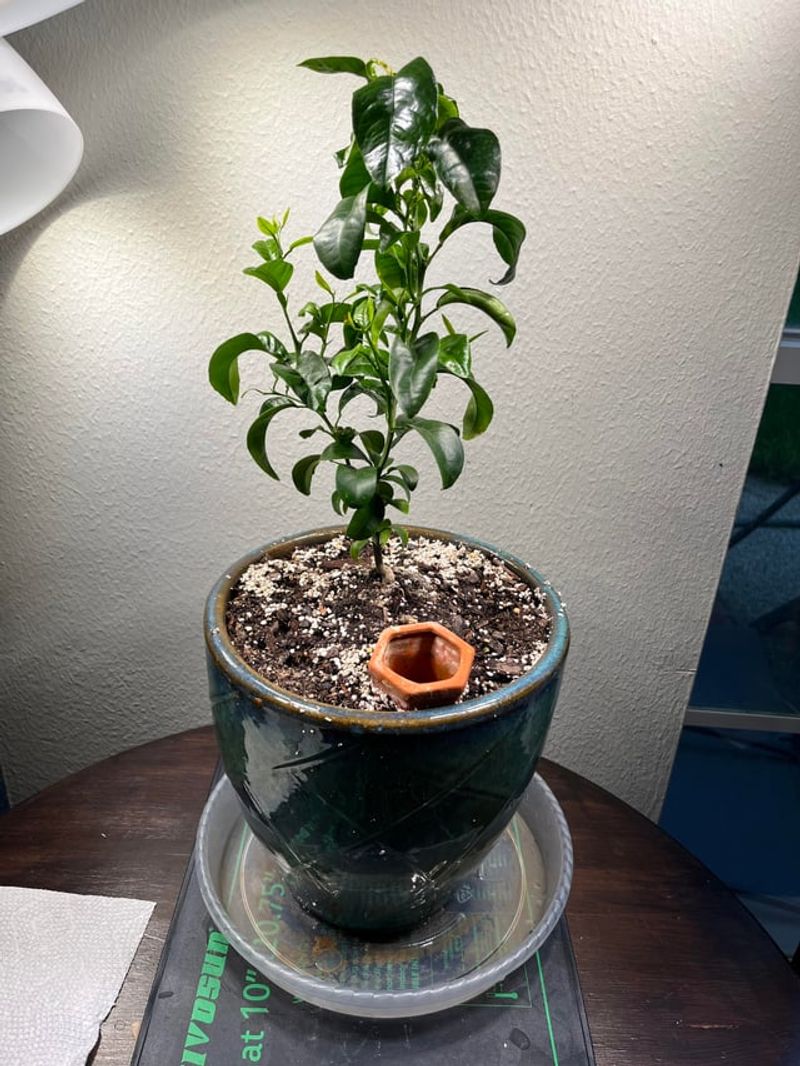
Once temperatures rise, thoroughly water areas that received salt exposure to leach harmful compounds away from roots. Wisconsin’s spring thaw provides the perfect opportunity for this essential maintenance.
Many experienced gardeners across the state follow this watering with a layer of fresh compost to help restore soil health after winter’s chemical assault.
9. Apply Gypsum Treatments
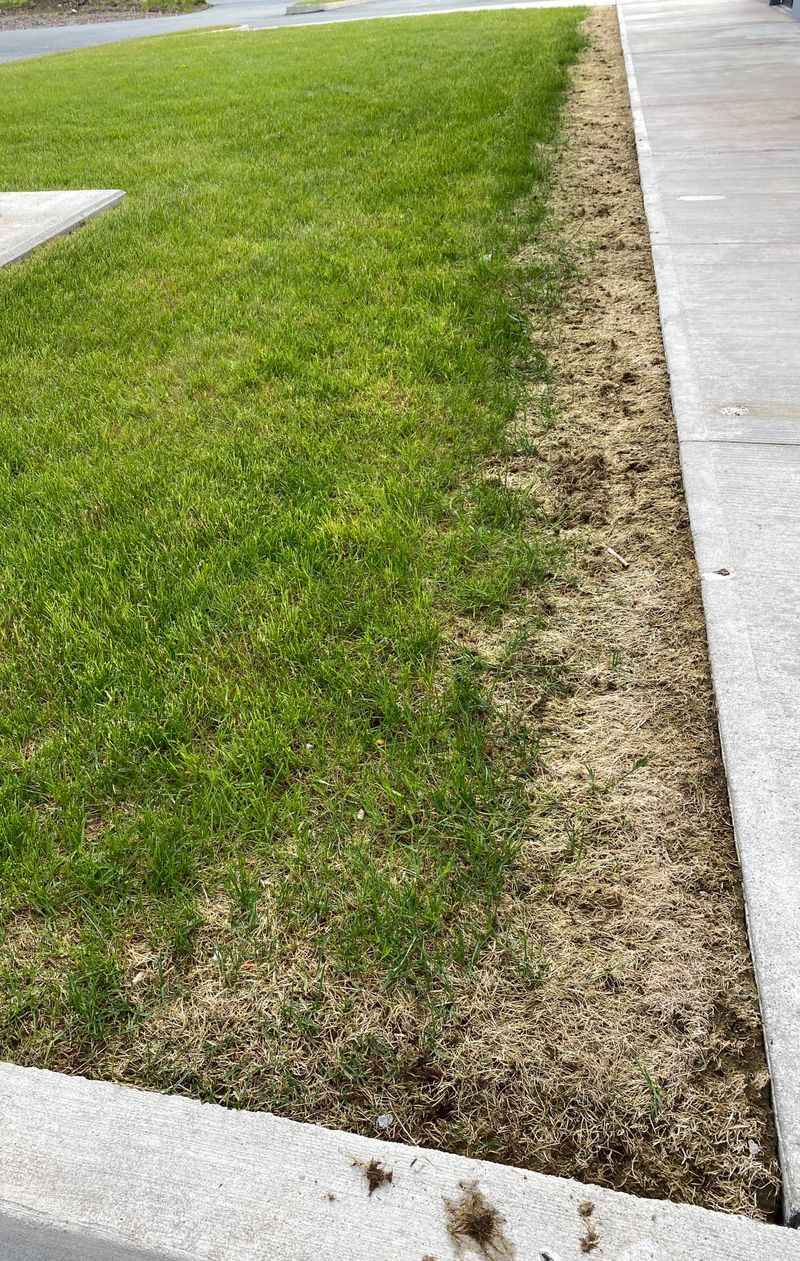
Gypsum (calcium sulfate) helps neutralize sodium’s harmful effects by replacing it in soil structures. Wisconsin’s acidic soils particularly benefit from this amendment after winter salt exposure.
Local garden centers throughout the Badger State typically stock this remedy, which should be applied according to soil test recommendations for best results in our region.

